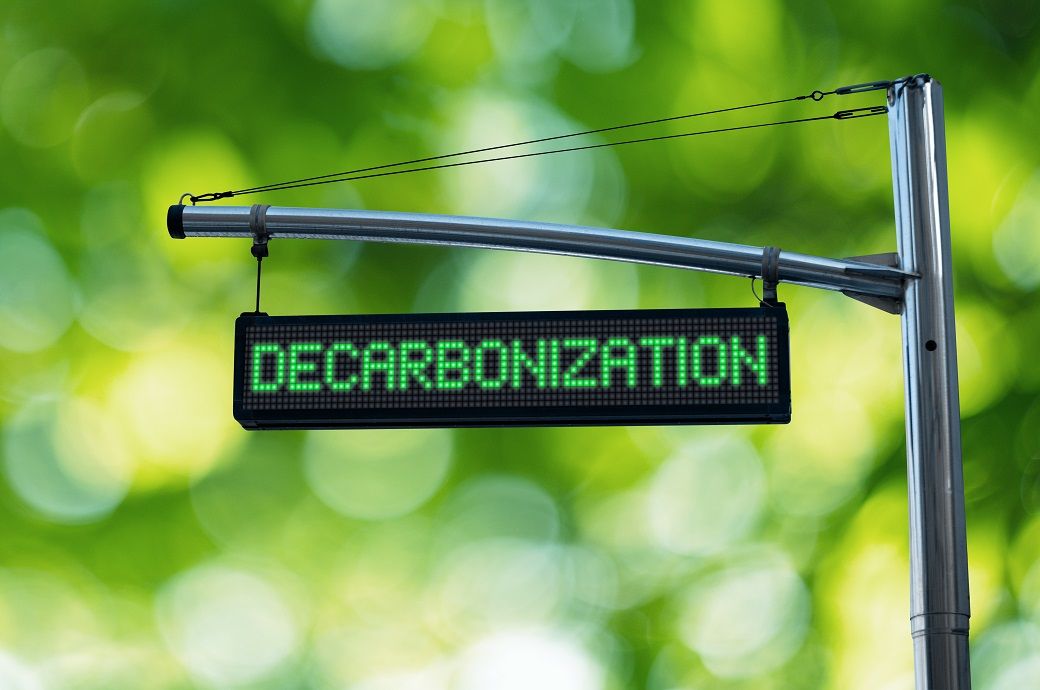The scheme aims to assist German industry in reducing carbon dioxide (CO2) emissions through advanced technologies including electrification, hydrogen, carbon capture and storage (CCS), carbon capture and use (CCU), and energy efficiency improvements. It follows a similar initiative approved in February 2024, EC said in a press release.
European Commission has approved a €5 billion (~$5.4 billion) German scheme to help ETS-covered industries decarbonise using technologies like hydrogen, CCS, CCU, and electrification.
Projects must cut emissions by 60 per cent in three years and 90 per cent by completion.
Selected through competitive bidding, aid will be delivered via 15-year Climate Protection Contracts.
Eligible sectors include chemicals, plaster, and glass, among others covered under the EU ETS. Projects under the scheme will be required to achieve a 60 per cent reduction in emissions within three years and a 90 per cent reduction by the end of the project, compared to a benchmark based on conventional ETS standards.
The Commission said that the support will be granted through a competitive bidding process, ranking projects by the lowest aid requested per tonne of avoided CO2 emissions. The selected beneficiaries will receive funding via 15-year two-way carbon contracts for difference, known as Climate Protection Contracts. These contracts ensure annual grants are provided based on the bid and market price fluctuations of ETS allowances and energy inputs. If supported technologies become more cost-effective than traditional methods, recipients must repay the excess aid to the German government.
The scheme is expected to significantly accelerate Germany’s industrial decarbonisation efforts. The scheme will support ambitious projects that will significantly reduce the greenhouse gas emissions of industrial production processes in Germany. It will contribute to the EU’s objective of reaching climate neutrality by 2050, while ensuring that any potential competition distortions are kept to the minimum, added the release.
“The scheme approved today [March 24] will support ambitious projects that will significantly reduce the greenhouse gas emissions of industrial production processes in Germany. It will contribute to the EU’s objective of reaching climate neutrality by 2050, while ensuring that any potential competition distortions are kept to the minimum,” said Teresa Ribera, executive vice-president for Clean, Just and Competitive Transition.
Fibre2Fashion News Desk (SG)


